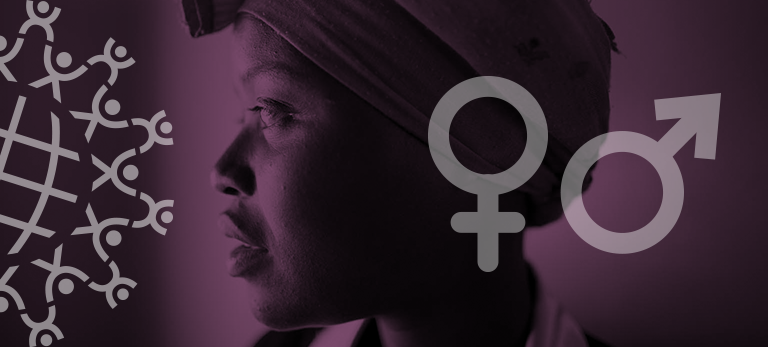Where We Work
See our interactive map


In Tanzania, more than 16,000 people who have experienced violence—mostly women and children—have now received clinical services and any referrals they need for legal and social services, thanks to a collaboration among IntraHealth International, PSI, and Restless Development. This effort is part of the Department for International Development (DFID)-funded Family Planning Outreach Programme, which provides much-needed reproductive health services to rural women.
Gender-based violence is prolific in Tanzania—40% of women ages 15-49 experience physical violence at some point, and almost 20% experience sexual violence in their lifetime. Sexual and physical abuse is even higher among married women (44%). Violence against children is also prevalent—nearly 75% of girls and boys experience physical violence by the age of 18, and 30% of girls experience sexual violence before adulthood.
Gender-based violence is prolific in Tanzania—40% of women ages 15-49 experience physical violence at some point.
Accessing essential services can be difficult for survivors. They often face ineffective police involvement, failure of the legal system to convict perpetrators, a shortage of safe houses for survivors, a limited number of health workers and social welfare officers trained to screen and provide specialized services, and poor coordination among multisector partners as well as among service providers and referral systems.
As a result, survivors in Tanzania frequently do not report incidents to anyone, including police and health workers.
This is why the Family Planning Outreach Programme works to improve:
“Health workers are demonstrating the success of screening clients via multiple entry points, including family planning services,” says Lucy Mphuru, IntraHealth’s country director in Tanzania. “They’re able to reach survivors with clinical care and referrals who otherwise may never have come forward.”
The project works with the public sector through existing public service delivery points as well as through outreach in ten regions, 22 districts, and 165 health facilities.
Since 2015, the team has successfully:
At the national level, the project’s partners engage with a variety of stakeholders—including the Ministry of Health, Community Development, Gender, Elderly and Children/Reproductive and Child Health Section; the President’s Office of Regional Administration and Local Government; National GBV/VAC Technical Working Group; National Family Planning Technical Working Group; and Commodities Security Technical Working Group—to implement services and ensure alignment with national goals, guidelines, and policies.
A hub-and-spoke model
The program has achieved these results using a hub-and-spoke model.
The hubs are lower-level health facilities that provide large rural catchment areas with comprehensive primary health care services—including HIV testing, care, and treatment; postviolence care; antenatal and maternity care; and prevention of mother-to-child transmission of HIV. Public health workers from these facilities receive intensive training and support to offer clinical services for survivors and referrals for social and other services.
Spoke facilities—located near hubs for easy referrals—provide a minimum package of primary care services. Their health workers receive an abbreviated version of the training, manage and treat less-complicated cases, and refer other cases as needed to the hub for comprehensive care.
The project also initiated and established the process for reporting data on gender-based violence and violence against children into the national district health information system (called DHIS-2) and helped disseminate the national guidelines and policy on these types of violence to the Regional and District Council Health Management Teams in all supported regions. IntraHealth helped develop these guidelines as part of the PEPFAR-funded Tanzania HIV Prevention Project, which is now complete.



